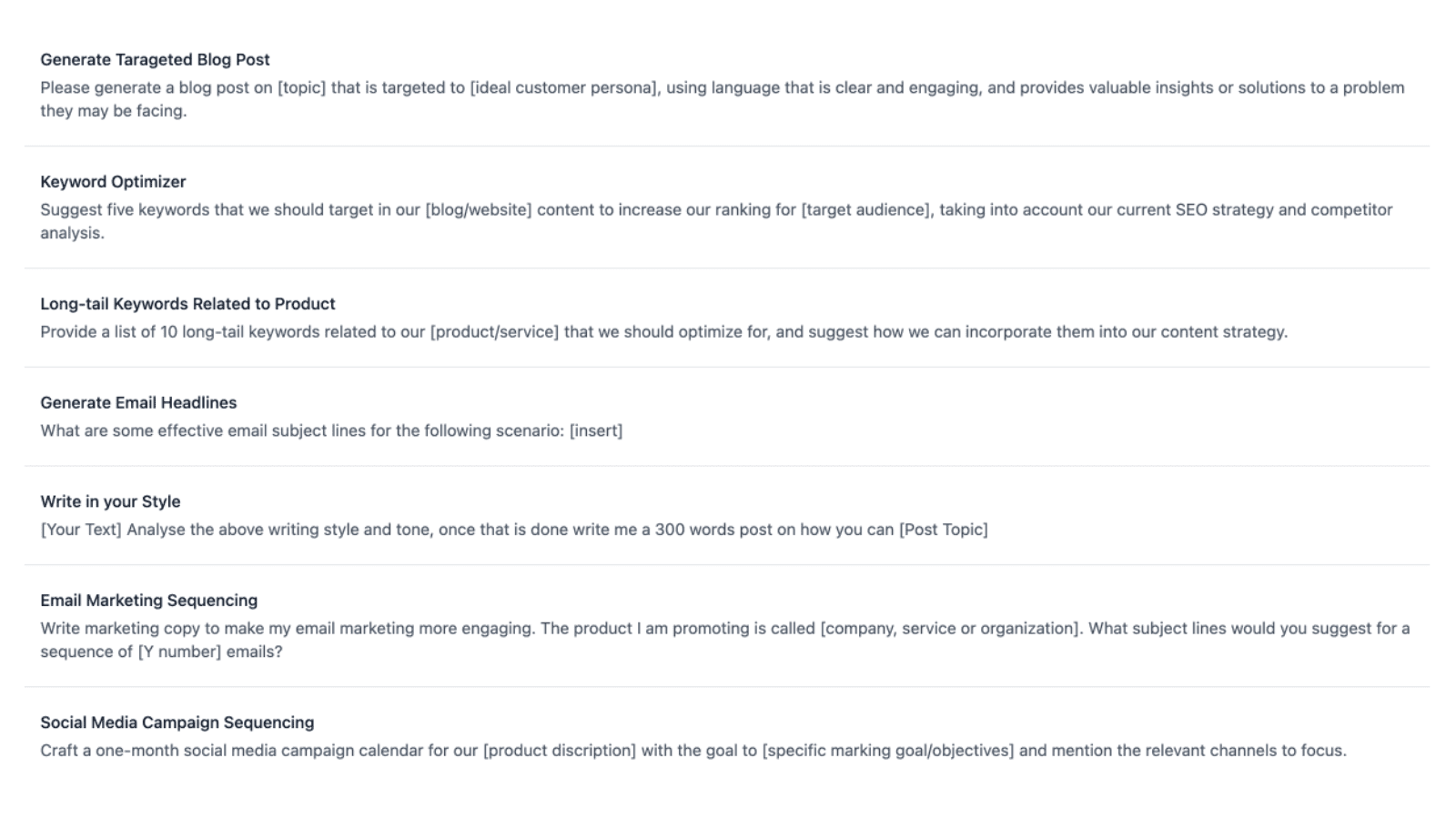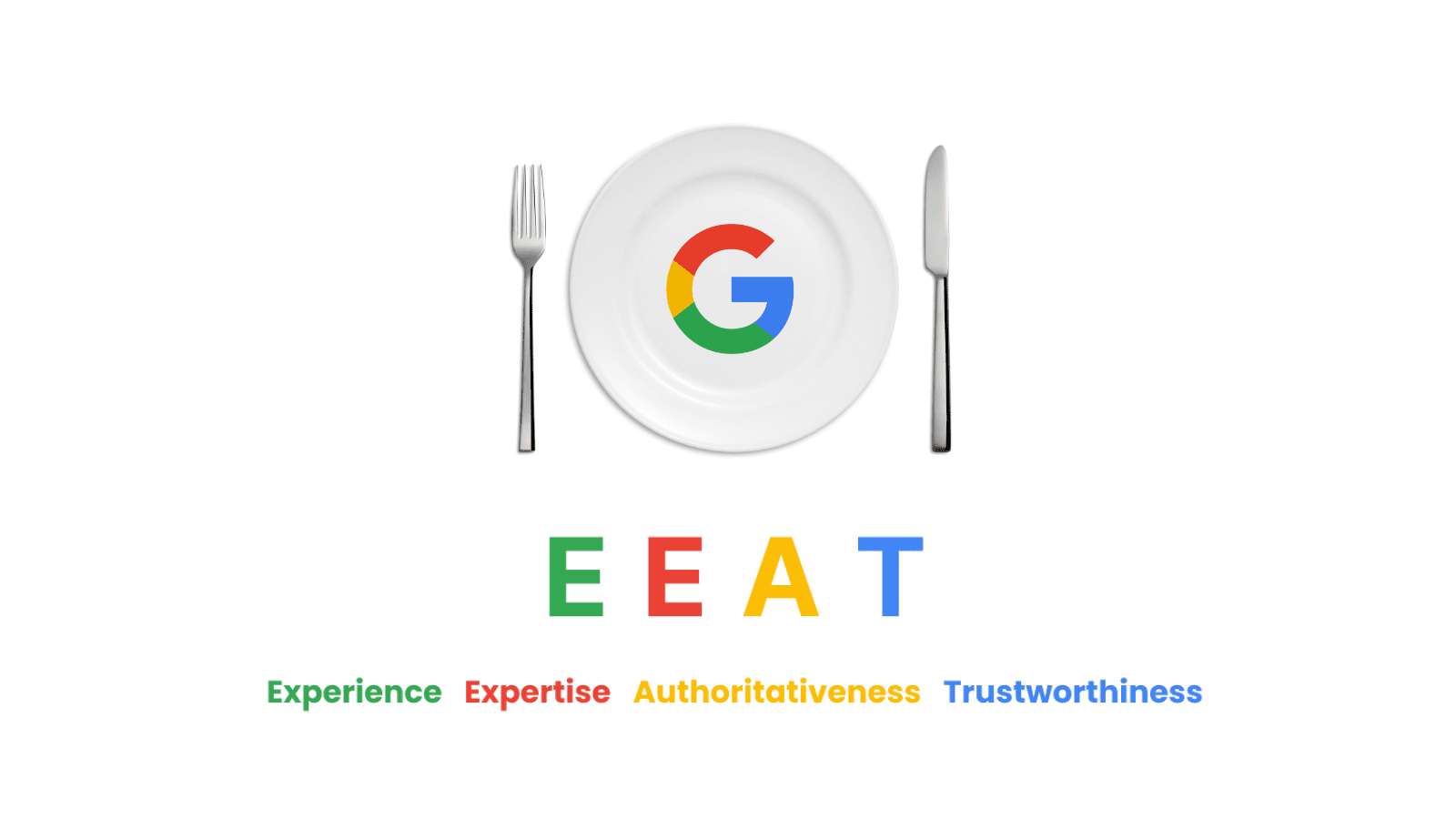Using GenAI to create content that ranks on Google
2023 was a year of tremendous advances in AI technology, which changed industries, jobs and, in general, our everyday lives. While AI technology has transformed many professional domains, content creation is among the most affected.
Remember the days when we had to spend hours writing content? Today, we can just generate copy in seconds using generative AI tools.
That’s why many companies have started actively implementing AI into their content strategy. It has helped them boost creativity, increase productivity and produce various content types for their websites, social media, email campaigns and newsletters faster than ever before.
AI is a valuable tool when it’s used and guided correctly. However, some businesses make a mistake by over-relying on AI when generating content. In this article, we’ll look at both sides of the coin:
- How using AI tools can help you create high-quality content that ranks high on Google and brings results.
- How using AI-driven content without significant human oversight can damage SEO and visitor experience.
Let’s dive in!
Table of Contents
Does AI content rank on Google?
Yes, AI content can rank on Google.
There is a popular misconception that AI is bad for SEO. However, Google doesn’t penalise AI content as long as it remains helpful, original, and relevant. Check out more in Google’s guidelines on AI-generated content.
Rewarding high-quality content, however it is produced.
Google
How to use AI for content creation?
It’s all about the prompts! You need to craft effective AI prompts if you want accurate and unique content that clearly communicates the core message and engages readers.
Your prompts should be long enough to provide sufficient context and clarity yet concise to avoid confusion and unnecessary details. And yes, writing AI prompts could be time-consuming and laborious sometimes, but it’s crucial to enhance AI outputs.
The right prompt can significantly influence the output quality and relevance. However, some professionals make a big mistake by relying too much on AI. They usually provide brief and broad instructions that obviously lack background, personalisation, and a unique human perspective, like those in the image below.

Without specific guidance on the desired style, context, and audience preferences, AI generates generic content that is impersonal, disconnected from the brand identity, and fails to effectively engage the target audience.
Search engines may view such content as low-quality or lacking experience, expertise, authoritativeness, and trustworthiness (E-E-A-T)—key ranking factors. This could lead to lower rankings, less visibility in search, and diminished organic traffic to the website.
What to know about E-E-A-T
E-E-A-T stands for Experience, Expertise, Authoritativeness, and Trustworthiness. It is a set of guidelines introduced by Google to evaluate the quality of web content and websites. This framework helps Google’s search algorithm determine which websites should rank higher in search results based on the credibility and value of their content.

AI content and visitor experience
Low-quality, generic AI content can severely undermine your visitor experience. When website visitors read irrelevant or poorly crafted content, they quickly leave the page, signalling to search algorithms that the content lacks value. This can negatively impact the website’s Google rankings and visibility in search.
Most B2B audiences are intelligent, well-educated, and tech-savvy. They have high standards for the content they consume, expecting it to be well-researched, accurate, and thoughtfully crafted. When such readers consume poor-quality or AI-heavy content, it can be perceived as disrespectful, so they may disregard the brand and products.
You’ve tanked your Google ranking and visitor experience with AI-heavy content. How do you recover?
If your Google rankings and visitor experience have suffered because of low-quality AI content, don’t worry—there are steps you can take to recover.
1. Run a website audit
- Identify low-quality content: Conduct a thorough audit of your website to identify generic, irrelevant, or poorly written content.
- Analyse engagement metrics: Look at metrics such as bounce rates, time on page, and user engagement to pinpoint underperforming content.
2. Humanise your AI content
- Revise and edit: Go through the AI-generated content and revise it to add depth, accuracy, and a human touch.
- Personalise the tone: Adjust the tone to be more engaging and aligned with your brand voice, adding personal anecdotes, expert opinions, and unique insights to make the content more relatable.
3. Optimise for SEO
- Keyword optimisation: Optimise keywords and ensure they are naturally integrated into the content, avoiding keyword stuffing.
- Improve structure: Use clear headings, bullet points, and short paragraphs to enhance readability and SEO. Incorporate internal links to related content.
- Update regularly: Keep your content up-to-date with the latest information and trends to maintain relevance.
4. Enhance user experience
- Improve readability: Use simple language and avoid jargon to ensure that your content is easy to read and understand.
- Engage your audience: Include interactive elements like polls, quizzes, and comments to increase engagement.
- Mobile optimisation: Ensure your content is mobile-friendly to deliver seamless user experience across different devices.
5. Leverage analytics
- Monitor performance: Regularly check your content performance using tools like Google Analytics, Ahrefs and Google Search Console.
- Adjust strategies: Based on analytics, tweak your content strategy to focus on what works best for your audience.
6. Use AI wisely
- Guide AI with detailed prompts: When using AI for content creation, provide detailed and concise prompts to ensure the output meets your quality standards. Include information on the target audience, tone of voice, and content structure.
- Combine AI with human input: Refine AI-generated copy by asking open-ended questions, clarifying information, and editing the content.
Conclusion
Generative AI is a revolutionary technology that helps us create content faster and work more efficiently. However, it can also do more harm than good if you don’t guide it in the right direction.
That’s why you should craft detailed AI prompts and thoughtfully balance human input with AI, focusing on your audience’s needs to ensure your content is accurate and engaging, aligns with your brand and, most importantly, brings value to the reader.
Want to get rid of AI prompt writing headaches?
We recommend trying CopyReadyNow, an AI-powered copywriting platform designed to help tech businesses produce quality and engaging content in seconds. With CopyReadyNow, you don’t need to puzzle over writing complex AI prompts and can create accurate content pieces with just a few clicks.
Snizhana Protas
Hi! I'm Snizhana Protas, Content Marketing Specialist at Fractional Teams. I write about all things B2B marketing and sales.